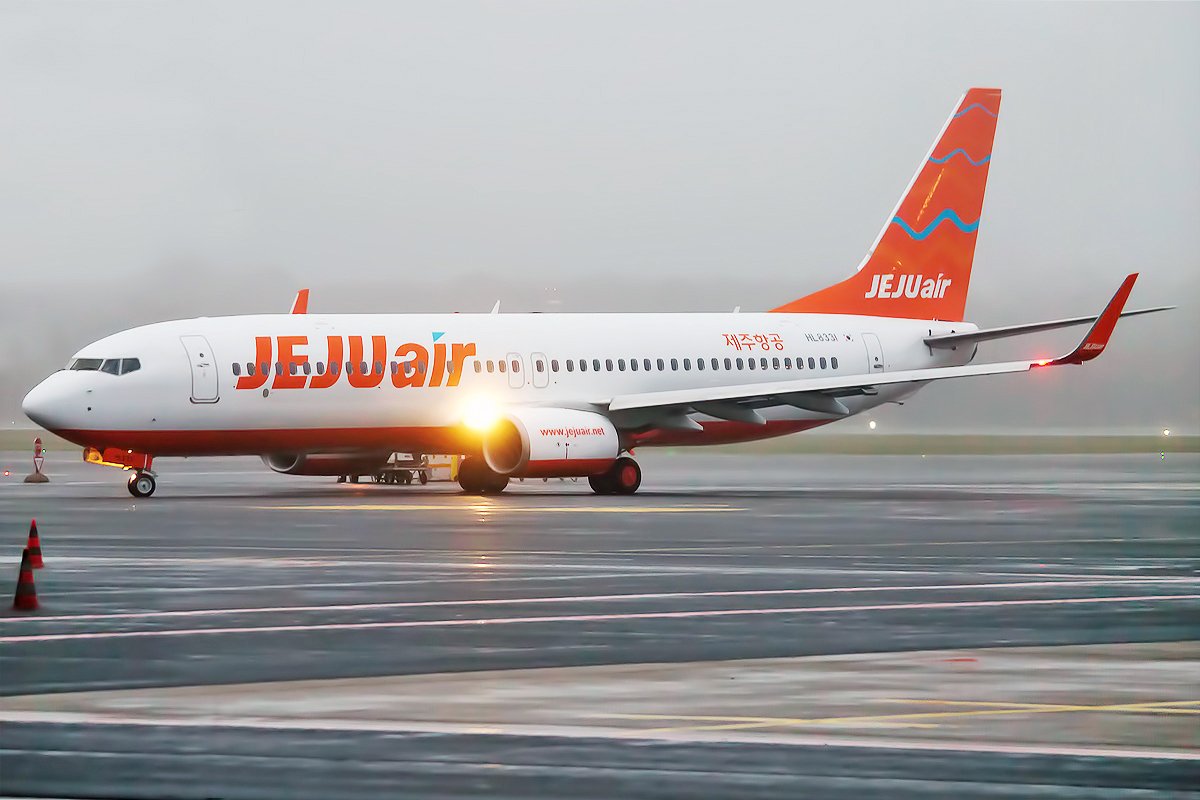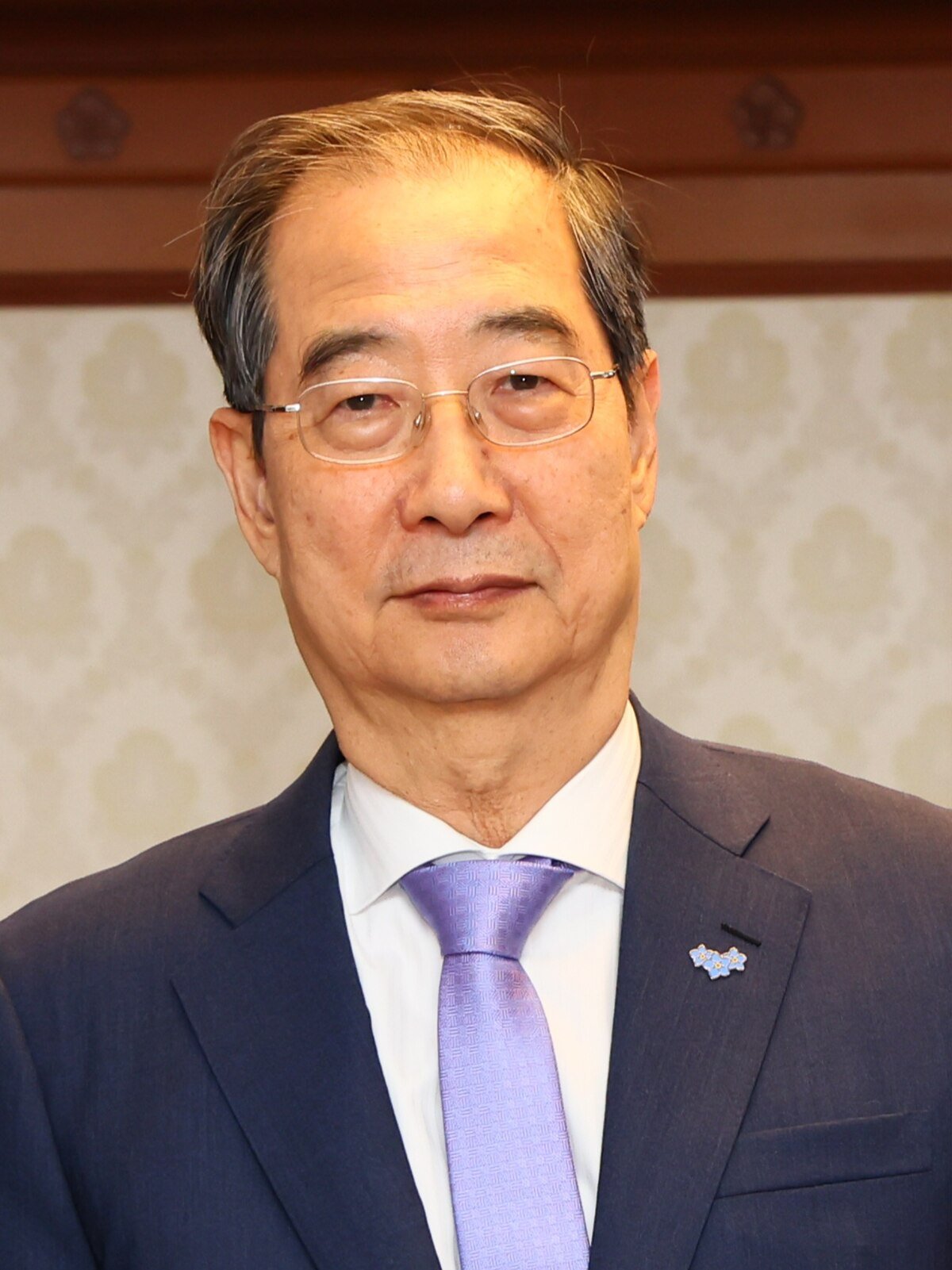
South Korea is dealing with a deadly aviation disaster, a Jeju Air plane crash that killed 179 people.
The Boeing 737-800 jet skidded off the runway due to a landing gear failure, igniting a fire that engulfed the plane. In response, South Korea’s acting President ordered an emergency safety inspection of the country’s entire airline operation system. The crash has significantly impacted the aviation industry, with Jeju Air shares plummeting to their lowest on record.
South Korea is currently dealing with one of the deadliest aviation disasters in its history. On December 29, 2024, a Jeju Air passenger plane carrying 181 people skidded off the runway at Muan airport, slamming into a concrete fence and bursting into flames. The crash resulted in the death of 179 people, marking it as one of the worst air disasters in the country since 1997 when a Korean Airlines plane crashed in Guam, killing 228 people on board.
The ill-fated Boeing 737-800 jet, which was 15 years old, had arrived from Bangkok. The crash occurred at 9:03 a.m., according to the Transport Ministry. The plane’s front landing gear reportedly failed to deploy, causing the aircraft to veer off the runway and collide with a concrete fence. The impact ignited a fire that engulfed the plane, making rescue efforts challenging.
Emergency workers managed to pull out two survivors from the wreckage – one passenger and one crew member. The National Fire Agency deployed 32 fire trucks and several helicopters to contain the blaze. About 1,570 firefighters, police officers, soldiers, and other officials were also dispatched to the site.
Investigation and Response
Despite their efforts, the fire took some time to be extinguished, and the recovery work is still ongoing. The victims were predominantly South Korean, with two Thai nationals also among the fatalities. Thailand’s Foreign Ministry confirmed the deaths of the two Thai passengers. Among the 177 bodies found so far, officials have identified 88 of them.
In the aftermath of the disaster, South Korea’s acting President Choi Sang-mok ordered an emergency safety inspection of the country’s entire airline operation system. The inspection will commence once the recovery work on the Jeju Air crash is completed. This move underscores the gravity of the situation and the government’s commitment to preventing such incidents in the future.
Investigators are exploring various potential causes of the crash. A bird strike warning was issued shortly before the plane attempted to land at Muan, and the pilot declared ‘mayday’ just one minute later. However, the exact cause of the crash will only be determined after a thorough forensic and joint investigation.
Impact on the Aviation Industry
Both black boxes — the flight data recorder and the cockpit voice recorder — for the plane have been found, a transport official said. However, one of them, the flight data recorder, suffered damage and may take more than a month to decode.
The crash has sparked a national week of mourning, with memorial altars set up in 17 cities around the country and flags flown at half-staff on government buildings. The country’s acting president visited a memorial altar for the crash victims set up in a gymnasium near Muan International Airport.
The tragedy has also had a significant impact on the aviation industry. Shares of Jeju Air, South Korea’s largest low-cost carrier, plummeted to their lowest on record following the crash. The share slide wiped out as much as 95.7 billion won ($65.2 million) in market capitalisation.
As the investigation continues, the world waits for answers, hoping that such a tragedy can be prevented in the future. This disaster is a stark reminder of the importance of aviation safety. It underscores the need for rigorous safety inspections and the continuous monitoring of aircraft operation systems. The lessons learned from this tragic event will undoubtedly shape the future of aviation safety in South Korea and around the world.







